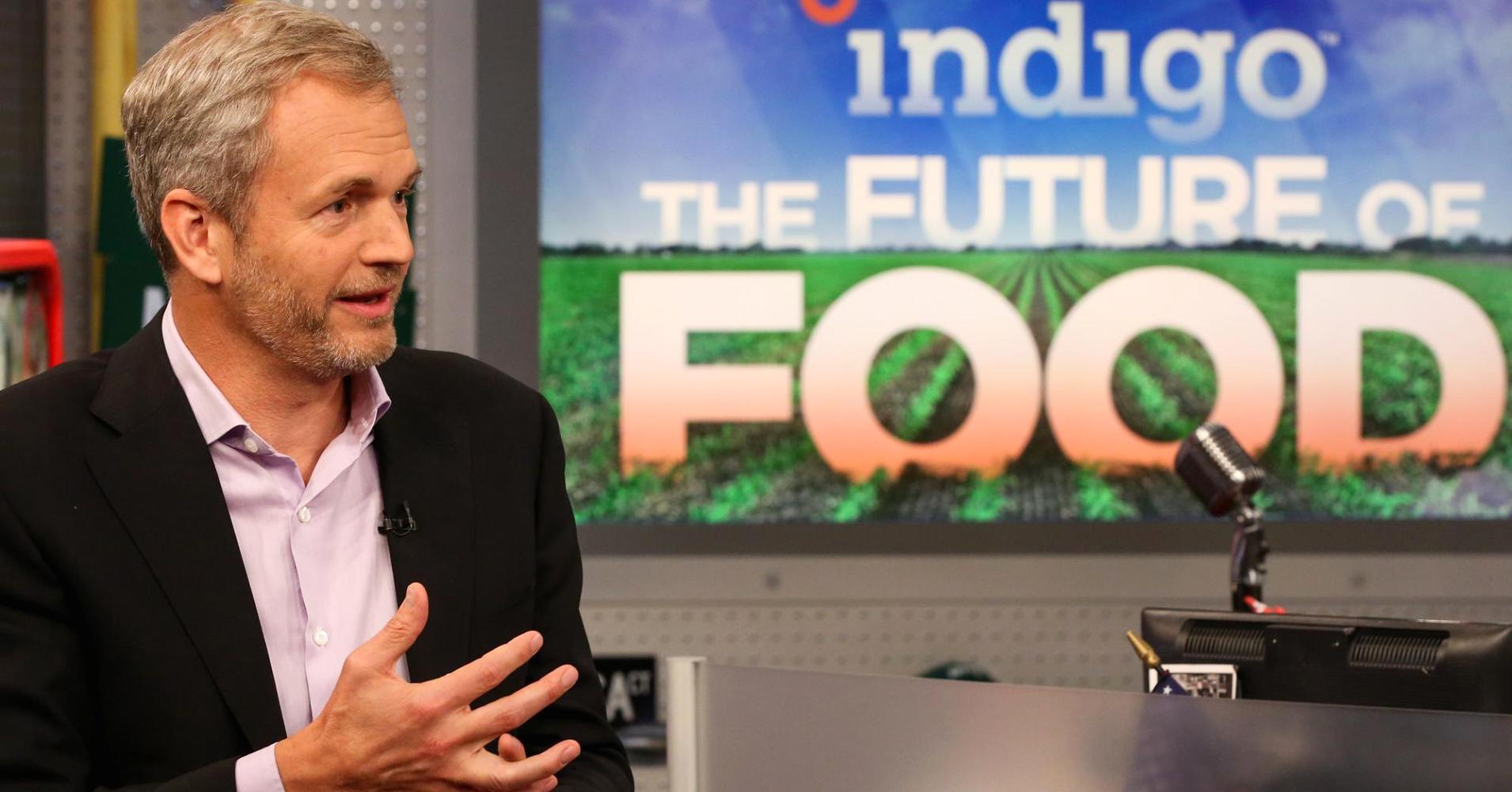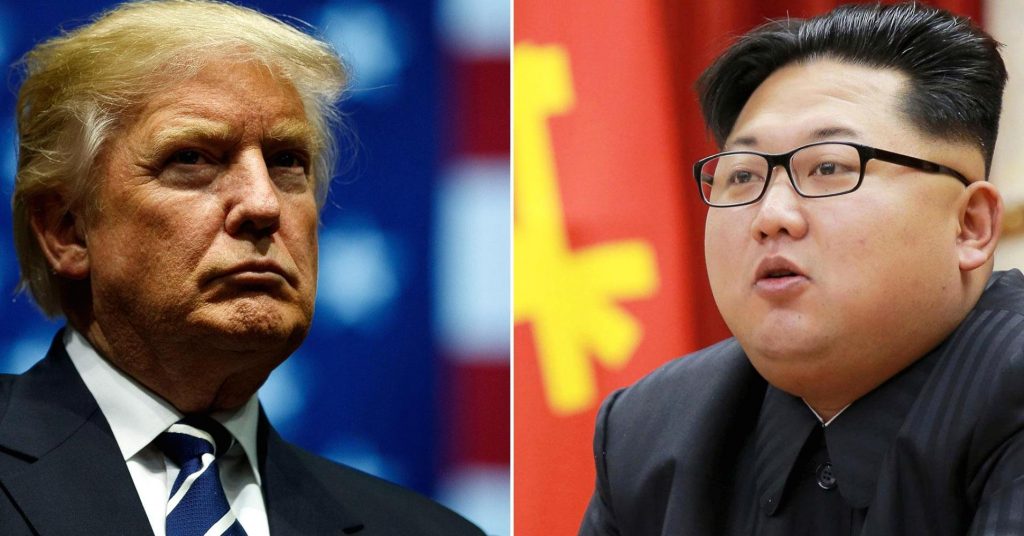
As consumers grow increasingly health-conscious and chemical-averse, companies like Indigo Agriculture are working to weed out old, synthetic agricultural solutions like GMOs, Indigo CEO David Perry told CNBC on Thursday.
“Modern agriculture’s really built on technologies that were created decades ago: synthetic fertilizer, synthetic chemicals, GMOs and plant breeding. We’re taking an entirely new approach,” Perry told “Mad Money” host Jim Cramer in an exclusive interview.
“I think this is an opportunity to see a revolution in agriculture using naturally discovered microbes to improve yields of plants and also to protect them against pests and insects so we can reduce the amount of fertilizer used and the amount of agricultural chemicals used,” Perry said Thursday.
A tech entrepreneur who grew up on his family’s farm in Arkansas, Perry joined Indigo as CEO in 2015, one year after the science, machine-learning and agricultural hybrid start-up was founded.
The company studies what Perry has called “survivor” plants — plants that have managed to grow in strained environmental conditions — and compiles their genetic and microbial information into a massive database.
Indigo then uses machine learning to search the database and find microbes that could help specific plants survive in less-than-ideal conditions.
More from CNBC Disruptor 50:
23andMe founder Anne Wojcicki is leading a DNA revolution by going directly to consumers
How Elon Musk’s rocket company SpaceX beat Boeing to become a $28 billion aerospace juggernaut
CEO says Crowdstrike’s security platform could someday attract Amazon, Google
“We’re seeing 10 to 15 percent yield gains,” Perry told Cramer. “The average farmer makes less than 10 percent margin, so if you … increase their yield by 10 or 15 percent, you’re doubling their profitability, so it’s a significant impact.”
Besides healthier, more naturally sourced food, farmers are at the heart of Indigo’s mission.
By giving farmers the opportunity to produce higher quality crops, Indigo is fundamentally changing how crops like corn and wheat — typically viewed as commodities — are valued by the market.
“One of the problems with the existing system is that most farmers take their output and put it into silos or collection points with all their neighbors,” Perry explained. “And in that system, it’s impossible to get paid for growing things with higher quality or growing things more sustainably.”
Perry then highlighted a key part of Indigo’s mission: connecting farmers directly with buyers and coordinating transaction logistics, which serves to “preserve the identity” of the farmers’ output until it reaches the consumer.
“It’s the only way to fundamentally change the economics for the farmer. As long as they’re producing a commodity, they’re going to be competing with low-cost producers all over the world,” the CEO said. “But if we start allowing them to differentiate their products, make them value-added based on quality and sustainability; better for the farmer, better for the consumer.”
Questions for Cramer?
Call Cramer: 1-800-743-CNBCWant to take a deep dive into Cramer’s world? Hit him up!
Mad Money Twitter – Jim Cramer Twitter – Facebook – Instagram – VineQuestions, comments, suggestions for the “Mad Money” website? madcap@cnbc.com

